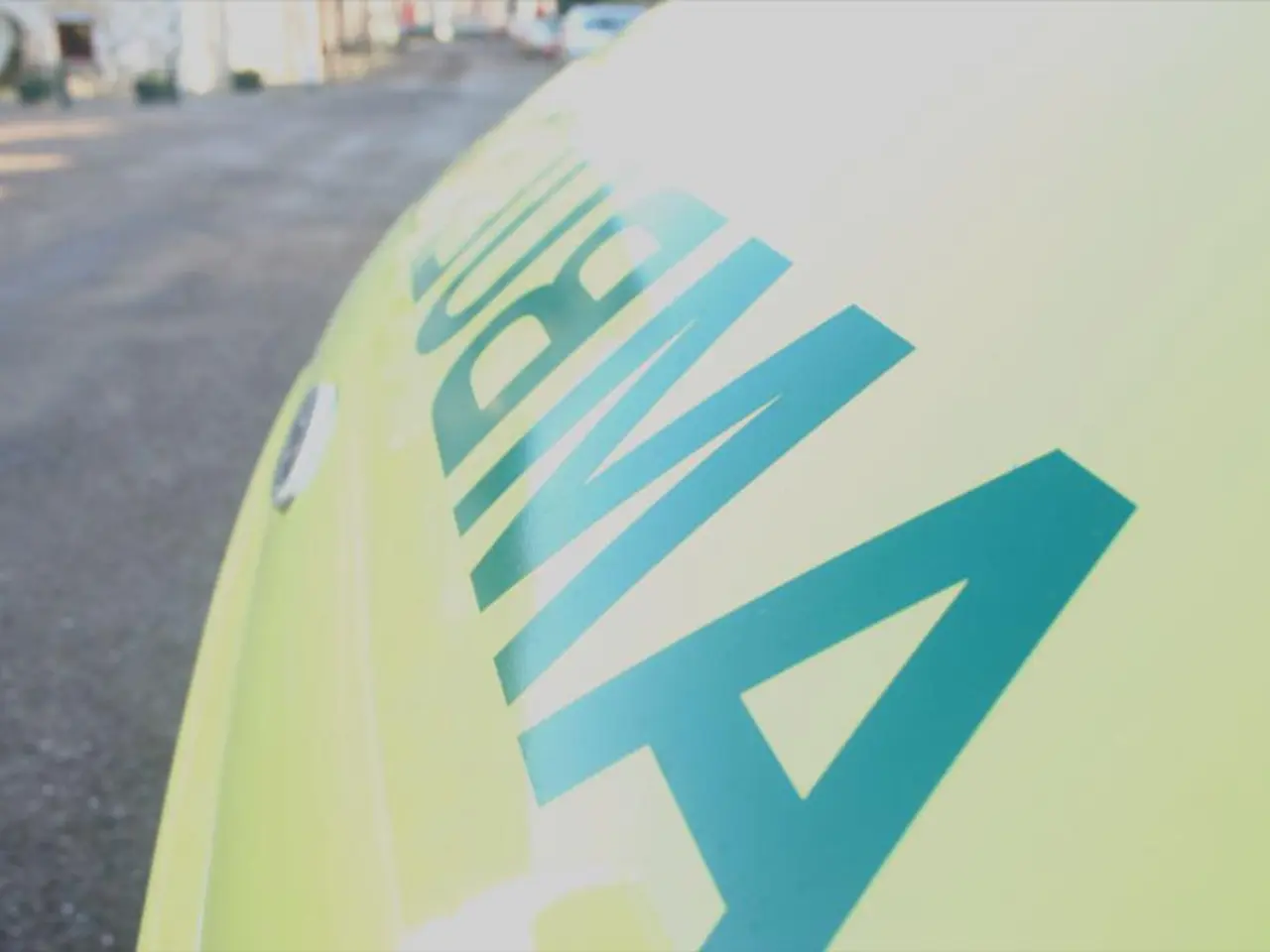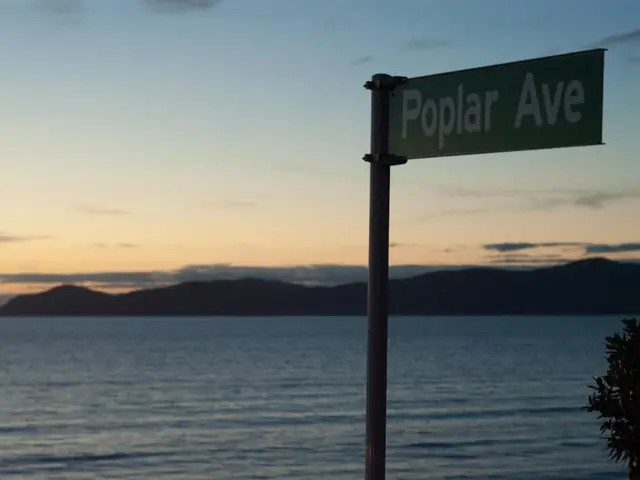Hydrogen discussion centers on Saarbrücken, with Mayor Conradt advocating for action
Saarbrücken, a city in southwest Germany, is positioning itself as a potential central European hydrogen hub. The city's focus is on the international hydrogen network project 'mosaHYc,' which aims to build an extensive hydrogen network across borders.
Mayor Uwe Conradt, an initiator of the mayors' initiative 'For a strong automotive location,' has been leading the charge in Saarbrücken's hydrogen ambitions. Conradt emphasizes the need for coordinated action from municipalities, states, the federal government, and the EU for Saarbrücken to succeed in entering the hydrogen economy.
The city's journey towards a hydrogen-powered future began five years ago with the initiation of the first hydrogen refueling station in Saarbrücken. Today, Saarbrücken plans to operate 28 emission-free hydrogen buses on the Saarbahn lines by the end of the year. The municipal fleet is also being converted, with first hydrogen-powered waste collection vehicles already in use.
To support this transition, an own hydrogen refueling station and an electrolyzer generating green hydrogen from wind energy are under construction in Saarbrücken. The GAMOR power plant, built by EnergieSaarLorLux (49 percent municipal), is 'H2-ready' and can potentially be operated entirely with hydrogen in the future.
The companies involved in the construction of the future hydrogen network in Saarland include the Grande Region Hydrogen EEIG (GRH) partnership, which involves partners from Saarland and the Grand Est region. Local companies such as Dillinger, Saarstahl, and ROGESA, in cooperation with energy company Verso Energy, are also actively involved in hydrogen-related projects.
The municipal hydrogen strategy created during the Corona pandemic is being translated into concrete projects in Saarbrücken. This includes the establishment of a municipal future task force focusing on hydrogen technology.
The city will host the Handelsblatt Hydrogen Summit on May 21 and 22, where high-ranking representatives from politics, science, and business are expected to attend. Mayor Conradt expects clear impulses and a strong signal for more momentum in building the hydrogen economy at the summit.
In his vision for a sustainable future, Conradt stresses the importance of using all available technologies (hydrogen, synthetic fuels, battery-electric solutions) to avoid industrial competitiveness risks. Saarbrücken's commitment to this vision makes it a promising contender for becoming a central European hydrogen hub.








